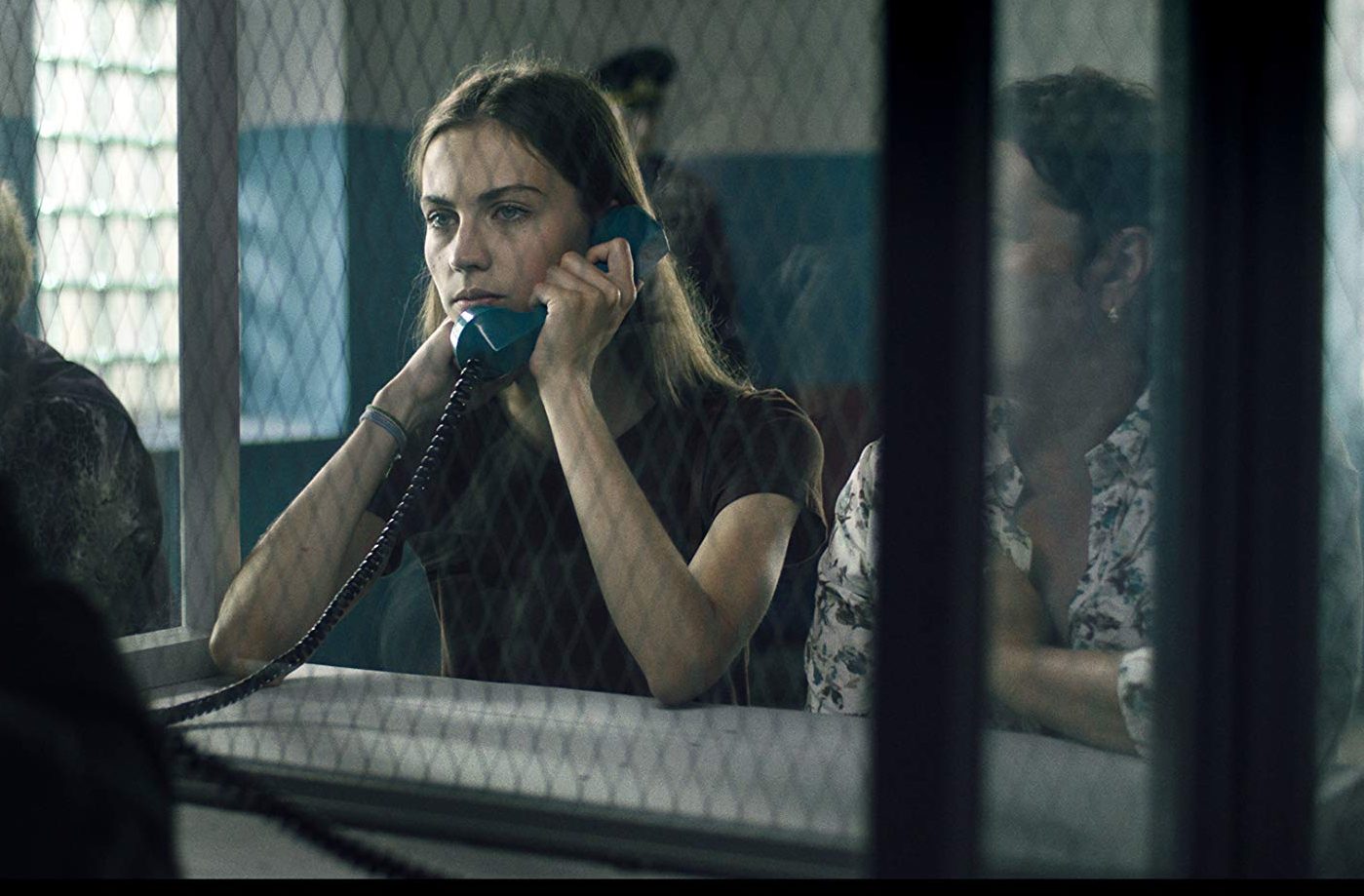
Slamdance Film Review: 1986
Film Reviews
The Slamdance Film Festival runs Jan. 24–30 in Park City at the Treasure Mountain Inn. Here, find featurettes about Slamdance 2020 films. Go to slamdance.com for more info and SLUGMag.com for more fest coverage!
1986
Director: Lothar Herzog
1986 wears its namesake year like a tattoo: The film takes place in contemporary Minsk, but the the after-effects of the titular Chernobyl disaster weigh heavily on each character and the plot. The film follows Elena (played by Daria Mureeva) as she navigates both the normal stresses of young-adult life as well as the black-market business endeavors of her recently imprisoned father. In between her university classes and her strained romantic relationship, Elena must drive into “the zone” (the area of Belarus and Ukraine still poisoned by radiation) and buy metals in order to keep her father’s business afloat and pay his bail.
The similarities in language aside, 1986 does share some similarities with Tarkovsky’s Soviet classic, Stalker. Like that director’s “zone,” the heavily radiated Chernobyl area operates by its own rules and logic. Given its restricted status, the laws of Belarus don’t hold sway over the pirates and miners who inhabit and work in the area, and every action Elena takes within this space has life-or-death consequences that greatly outrank the minutiae of her day-to-day existence. The slow demise of her troubled romance or the economic lectures she receives at school feel almost ludicrous next to the seriousness of her extracurricular endeavors, bringing the tension at the heart of her character to light: Can Elena still care about her “normal” struggles when a majority of her life is spent in the dangerous pursuits in this no man’s land?
Where Herzog establishes his film’s uniqueness is through its realist lens, not delving into science fiction as much as he is pointing to the inherently disorienting nature of Elena’s life. For all of its surrealism, the film’s narrative content and its character dilemmas are firmly rooted in actual problems and politics. The spectral lucidity of Elena’s zone isn’t mythic; rather, it acts as a temporary escape from the banality and frustration of her civilized life. In “the zone,” Elena is accomplished and powerful—though many of her father’s old partners look upon her young womanhood with dismissive scorn, she ultimately disproves their skepticism and becomes a hardened criminal in her own right.
Mureeva’s performance, as well, is stark and honest in its presentation. Elena isn’t an action hero or a melodramatic victim: She somberly moves through her life with the characteristic disaffected scowl of a 19-year-old academic with a shit boyfriend. In the character’s subtlety, Mureeva finds room for varied expression. Small smiles, silent tears and soft, loving glances comprise a majority of her performance, and Mureeva’s acute control of her physicality gives Elena depth greater than 1986‘s limited dialogue would suggest.
1986 moves around in a hazy dream logic, briskly jumping from scene to scene, backward and forward in time without much in terms of explanation or setup. Small clues (haircuts, outfits, certain recurring locales) can help ground the viewer, but the film also defines itself by its forced sense of confusion. Like Elena, the viewer is jostled around through a series of half-memories and unfinished plot lines. Time spent driving in the forest blurs together into one long, green haze, and time spent back in Minsk feels increasingly grey in its depiction of 21st-century life.
Perhaps a rewatch could help fill in the gaps that Herzog has built into his film, but the absence of drama or active narrative tension can drive the film toward pastel blandness. At its best moments, Elena’s ennui illuminates the strain of her increasingly fraught living circumstances. Many scenes where the character is simply lying listlessly in her bed feel like monumental moments of self-reflection and grief-processing. Over time, however, the story’s divided attention starts to weigh on its sense of meaning. Since every scene—regardless of real-world urgency—floats along like a waking dream, 1986 often feels like it’s missing the bite that might push it to the next level. –Audrey Lockie
Read more of SLUG’s comprehensive coverage of the 2020 Slamdance Film Festival.